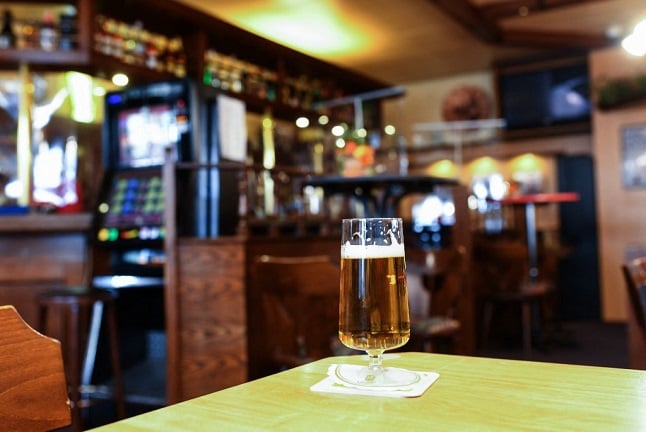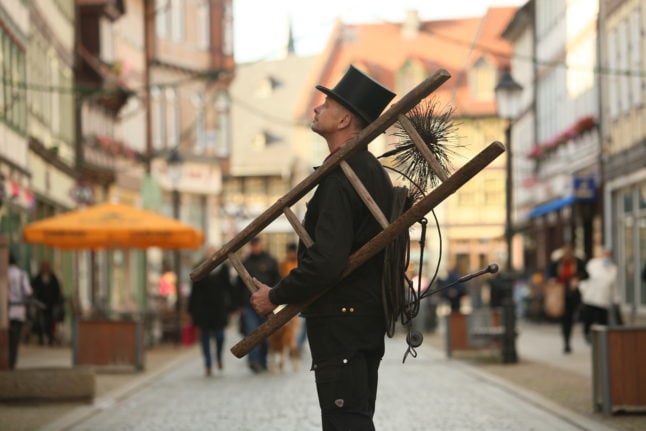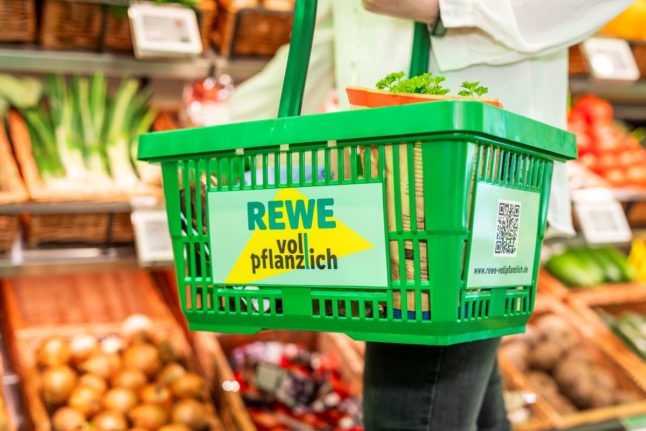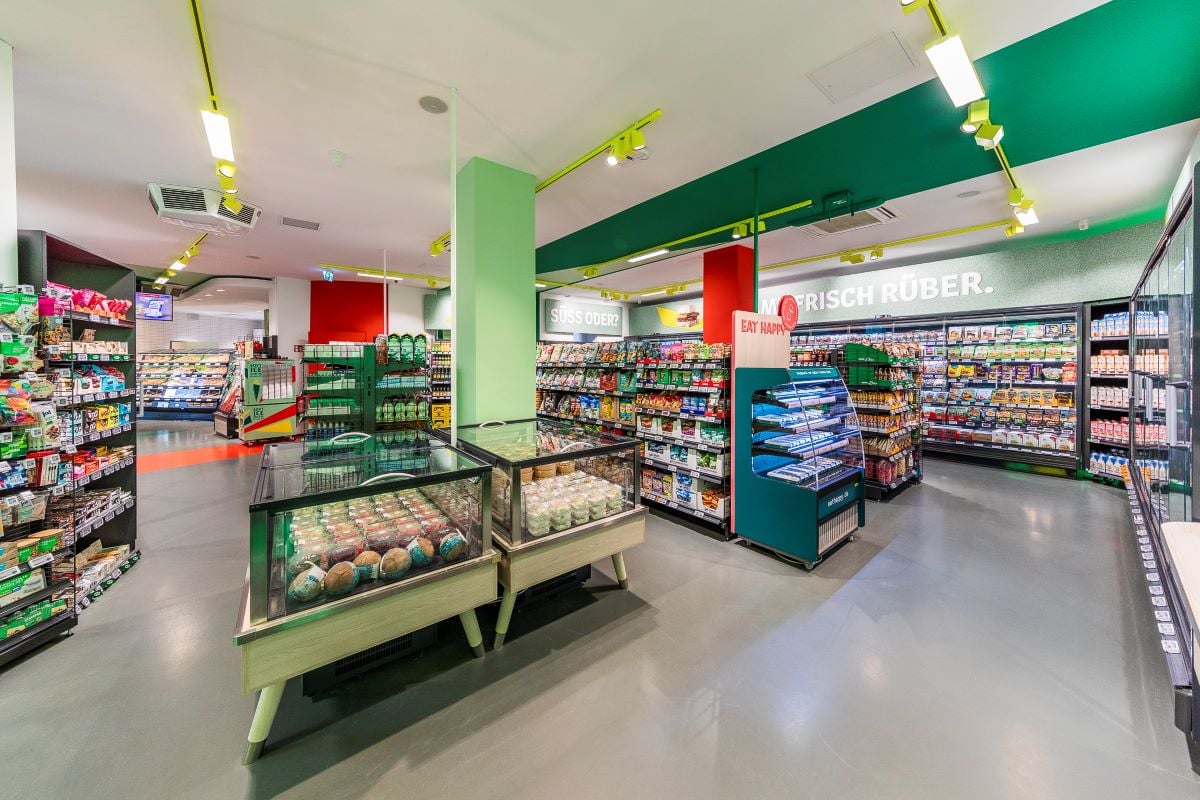1. Spit on your fellow actors’ shoulders before a play
Theatres are famously superstitious places, and theatres in Germany are no different. British and American thespians cheerily tell each other to “break a leg” before the premiere to avoid bad luck, but Germans take it a little further and spit on each other’s left shoulders.
Make sure you only do so once you’re in costume though. or it won’t work. And at the same time you have to say: “Toi Toi Toi.”
3. Never give knives as gifts
Giving a German knives as a gift means that you’re cutting through the friendship, so make sure you steer clear when looking for a house-warming present. And avoid gifting your lover shoes, too. It is said that if they then run away it is your fault.
4. Never wish someone a happy birthday before the actual day

In other parts of the world, wishing someone happy birthday before the actual day is considered pretty normal. If you’re not going to see that person on the day or just because you might forget, you say happy birthday in advance. In Germany, however, this is widely considered to bring bad luck, even if the birthday wishes are only a few minutes early.
Whenever you clink glasses with anyone, always remember to maintain eye contact or you could be cursed with bad sex. Regardless of who you’re with or what you’re drinking, bear this in mind as the curse lasts for seven years.
Nobody really knows where this superstition comes from, but some say that it could date back to the middle ages when poisoning was very common. Eye contact was supposed to establish trust between hosts and guests that nothing was poisoned but the consequences would’ve been slightly worse than a few years of bad sex, namely death.
6. Never light cigarettes from candles
Given that you can’t smoke in many public spaces anymore and the fact that candles and matches have been replaced by lighters as the preferred method of lighting cigarettes, you probably won’t break this rule anytime soon. Good thing too, as it is said that every time you do, a sailor dies.
The reason for this superstition is actually quite logical as in olden days sailors used to make matches to tide them over in the winter months when they couldn’t go out to sea. Therefore, by using a candle instead of a match, you were robbing sailors of their temporary living.
7. Always knock on the table when you sit down in a pub

Whenever you arrive at a pub or bar, you should always knock twice on the table. Why? To show your friends that you aren’t the devil of course!
According to legend, the Stammtisch, the regular’s table in the tavern, was traditionally made of oak which the devil was unable to touch as the tree was holy. Knocking on the table proved you weren’t the devil in disguise. It is always good to be sure after all.
8. Being touched by a chimney sweep




 Please whitelist us to continue reading.
Please whitelist us to continue reading.